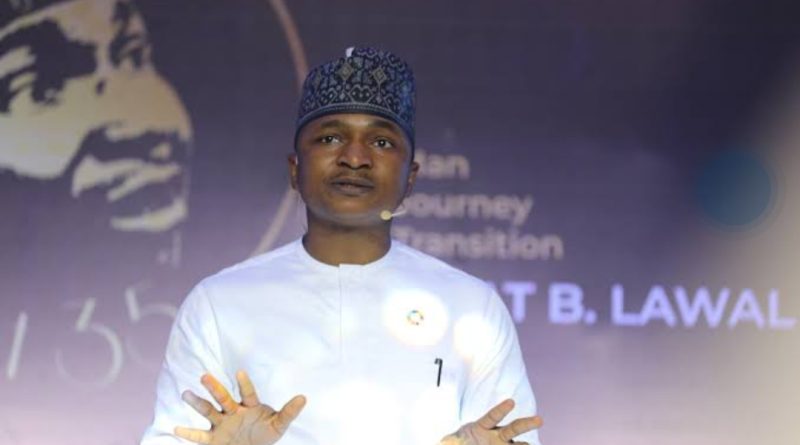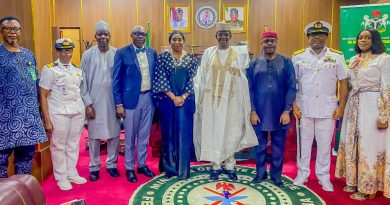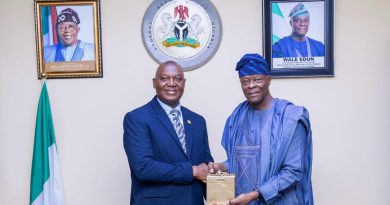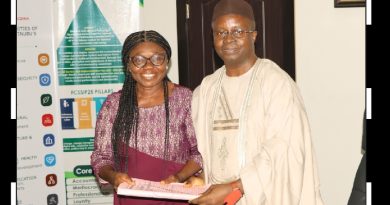Hamzat Lawal Decries Rising Press Intimidation in Nigeria, Calls for Immediate Action
Maryam Aminu
Renowned Nigerian activist and CEO of Connected Development (CODE), Hamzat Lawal, has raised alarm over the escalating intimidation and harassment of journalists in Nigeria.
In a statement released on August 26, 2024, Lawal condemned these acts as a direct threat to democracy, urging the government to protect the rights of the press and ensure their safety.
Lawal expressed his deep concern over recent incidents where journalists have been targeted for their work, most notably the detention of Juwon Soyinka, the West Africa Regional Editor of *The Conversation* and pioneer editor of BBC Pidgin. Soyinka’s arrest upon his return to Nigeria, Lawal argued, serves as a stark warning to the media community and represents a broader attempt to suppress free speech.
Addressing the issue, Lawal stated, “It is with a heavy heart that I address the growing trend of shrinking civic space in Nigeria, particularly the relentless intimidation of our journalists. For years, the press has stood as a crucial ally in the fight for a prosperous Nigeria. To undermine their freedom is to threaten the very pillars of our democracy.”
He further highlighted that the harassment of journalists is becoming alarmingly frequent, citing the recent attacks on over 56 journalists during the “#End Bad Governance” protests earlier this month.
Lawal condemned these actions as a dangerous erosion of press freedom and called on the Nigerian government to recognize the essential role that a free press plays in holding power to account.
“A free press is the lifeblood of any democracy. Journalists must be able to work without fear or interference, to ensure that truth and accountability prevail in our society.” Said Lawal
He also pointed to international frameworks such as the United Nations’ Joint Declaration on Media Freedom and Democracy, and Article 19 of the Universal Declaration of Human Rights (UDHR), both of which underscore the importance of safeguarding journalists from intimidation and violence.
“These global conventions highlight the need for protecting journalists, not just as a matter of human rights, but as a cornerstone of democratic governance,” he remarked.
CODE Executive Director emphasized the critical role of the press in combating corruption and promoting good governance.
He urged the Nigerian government to prioritize the protection of journalists, noting that doing so is essential for building trust and ensuring the continued health of the nation’s democracy.
“Protecting the press is not just about safeguarding individuals. It’s about upholding the rights of all citizens and creating an environment where democracy can truly flourish,” Lawal concluded.




